It is not easy for a man in our Arab societies to talk about being subjected to domestic violence, as he may face ridicule that detracts from his "masculinity" that he prides himself on and considers equal to his dignity, status, and social image. Therefore, men prefer to remain silent about being subjected to violence, especially if it is at the hands of women.
Many did not believe the account of the American actor Johnny Depp when he claimed that his ex-wife, actress Amber Heard, was the abusive person in their brief relationship, and even after a court ruling made his account more believable, many feminists in the Arab world in particular still had widespread doubt and a tendency to believe that the wife was the party that was subjected to violence in the relationship, refusing to believe the possibility of a man being subjected to violence at the hands of a woman.
However, this propensity to discredit Depp's narrative is refuted by several Arab studies, even though they have not been subject to scientific arbitration and the accuracy of their methodology cannot be ascertained.
Arab news sites claim that a statistic by the United Nations Office on Drugs and Crime (UNODC) ranked Egypt first among countries where men are exposed to domestic violence, but this study does not exist on the official website of the organization, which is concerned with monitoring domestic violence against women.
Arab news websites claim that a statistic by the United Nations Office on Drugs and Crime ranked Egypt first among countries where men are exposed to domestic violence, but this study does not exist on the official website of the organization
Iraq is also witnessing shocking numbers and rates of domestic violence against men, according to local Iraqi reports. According to official estimates, the Kurdistan region tops these rates, as courts recorded about 14,000 cases of domestic violence against men until the end of 2021, while reports of an unprecedented rise were monitored during 2022, based on the percentages of complaints submitted by citizens who frequent hospitals after being subjected to violence at the hands of their wives.
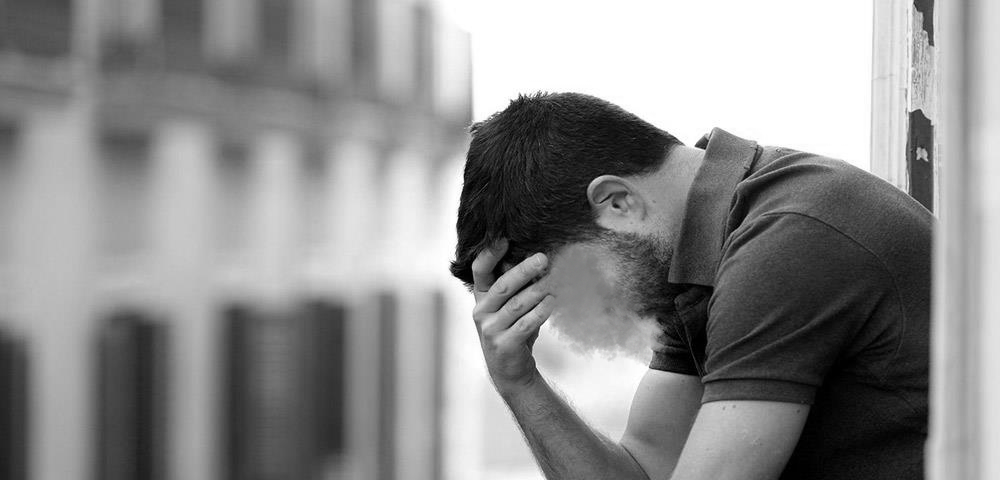
In Morocco, the Moroccan Association for the Defense of Men revealed in a report that it had received around 24,000 cases of violence against men in the country, 20% of which were physical abuse.
At the same time, the rates of violence against women in Morocco also recorded shocking figures, as the Public Prosecutor’s Office registered 23,879 cases in 2021, according to its president, al-Hassan al-Daki, last September, who said that "These figures remain at a disturbing level despite continuous efforts."
The United Nations defines domestic violence as "a pattern of behavior in any relationship that is used to gain or maintain power and control over an intimate partner, or to continue to subjugate him/her.”
Even though wives top the lists of abuse and violence victims, especially those with high levels of education, as well as working women, according to common criteria mentioned in the aforementioned reports and studies, mothers have also had a share of abuse from their children.
Hamdi failed in his attempts to reconcile with his wife, so he did something strange; he filed for divorce in court through a tort lawsuit for 'suffered harm', a procedure that women usually resort to in Egypt, and is very rare for men to do so
Divorce for suffered harm
Following a long and sad silence that followed his exit from a hearing in an Egyptian family court that is looking into his divorce from his wife, Hamdi al-Sayed (pseudonym), 32, spoke of a suffering with his wife that lasted for five years, during which he was subjected to forms of violence – according to his testimony.
Hamdi tells Raseef22 that he tried to end the relationship between him and his wife quietly so that his family would not know why he wanted to separate.
Hamdi, who is originally from one of the governorates of Upper Egypt, married his wife in a traditional marriage (by way of the family choosing the bride). Their marriage lasted five years and was preceded by a period of getting to know each other, even though the couple met only twice throughout the engagement. He says, "I was surprised when I saw the bride, she looked larger than me in size, but she was calm and did not make any problems before marriage, then we got married, and the big shock was that she could not talk without screaming. At first it would end at screaming, and cursing sometimes for no apparent reason, then the situation turned to physical violence. At first she used to hit me with kitchen utensils and small things in the house, then it went beyond that, and I thought at the time that the reason was her mood changes due to her first pregnancy, and I would try to completely avoid engaging with her. I was constantly trying to calm her down, but she was very violent."
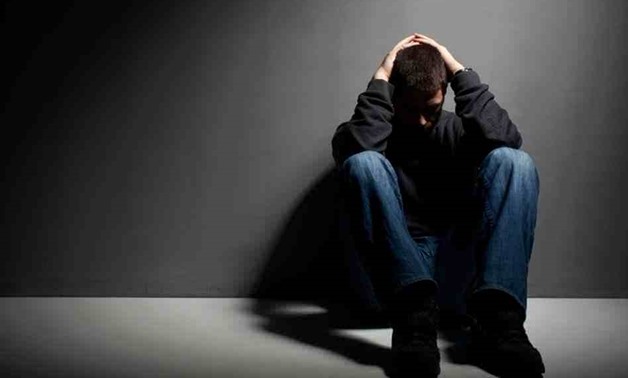
The husband says that he failed in all his attempts to reconcile between himself and his wife, and the two families did not succeed in solving the problem because he refrained from disclosing the real reason for the differences between them. So he did something strange; he filed for divorce in court through a tort lawsuit for 'suffered harm', a procedure that women usually resort to in Egypt, and justified his decision as "the only solution so that I do not have to pay large sums of money for divorce", and also to keep the matter confidential and without my family knowing, which may consider the issue of me being beaten an unforgivable and shameful thing."
Saad recounts how he's subjected to violence from both his wife and mother, but "it does not exceed the limits of verbal emotion", but this "emotion" causes great psychological pressure on him and sometimes pushes him to leave the house
A cruel brother
Mohammad Imam (pseudonym) tells Raseef22 of a different experience with domestic violence. As he has been an orphan from the age of four, his older brother took care of the family, "but he was extremely cruel".
Mohammad, who is now a father of four, says, "I never forget the horror I suffered because of the violence my brother used to practice against us when we were young, and I don't know what the reason is until now. I remember asking him once when we grew up, and he said, 'I was raising you well'. He thinks so, but the truth is that he has caused great trauma to our psyche."
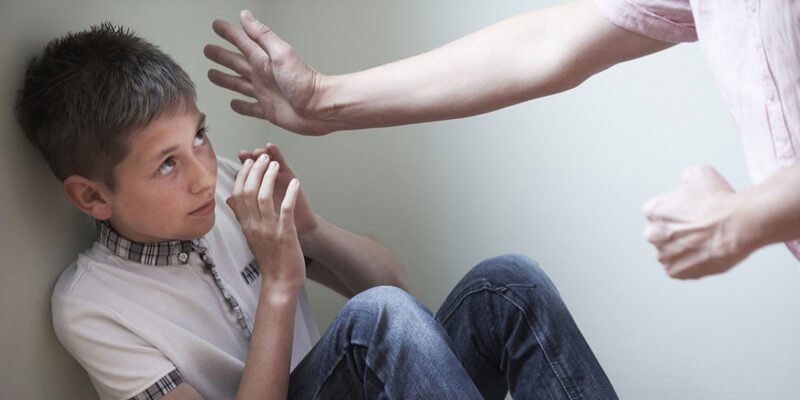
Imam refrained from practicing violence against his children, but he is still suffering from the psychological impact of the violence he was subjected to, which greatly affected his relationship with his brother. He says, "The psychological impact inside me is still very present, and I am not exaggerating today if I say that I still suffer from mental disorders. Sometimes I feel scared or sad for no reason, and when I remember that suffering, I can't help but go into depression that can last for a few days."
As for Saad, he tells Raseef22 that he is subjected to violence from both his wife and mother, but it does not exceed the limits of verbal emotion, although this emotion causes great psychological pressure on him and sometimes pushes him to leave the house to escape the constant and unbearable pressures, in addition to the pressures of work and life. "Sometimes I face this emotion with anger and retaliation, and sometimes I withdraw. But in any case, it's nerve-racking and unbearable under the harsh conditions we're in, so I hope the frequency of abuse at home stops,” he says.
Finally, Ahmed Hamed (pseudonym) tells Raseef22 that he is currently undergoing psychiatric treatment as a result of his father's abuse of him when he was young.
The psychological impact of verbal violence in the form of insults, cussing, and bullying is equal to that of physical violence. The third, more serious type is called psychological violence, which is represented by threats and intimidation
Ahmed recounts, "At the age of fifteen, I felt that I was a human being and had dignity, and one day I was in front of my house with some of my friends at school, and without any reason my father came from behind me and smacked me on the head. I was shocked, and then I felt tears freeze in my eyes, and I felt my heart break when I looked at my friends who were standing next to me. It was very humiliating and insulting and I have not forgotten it until today."
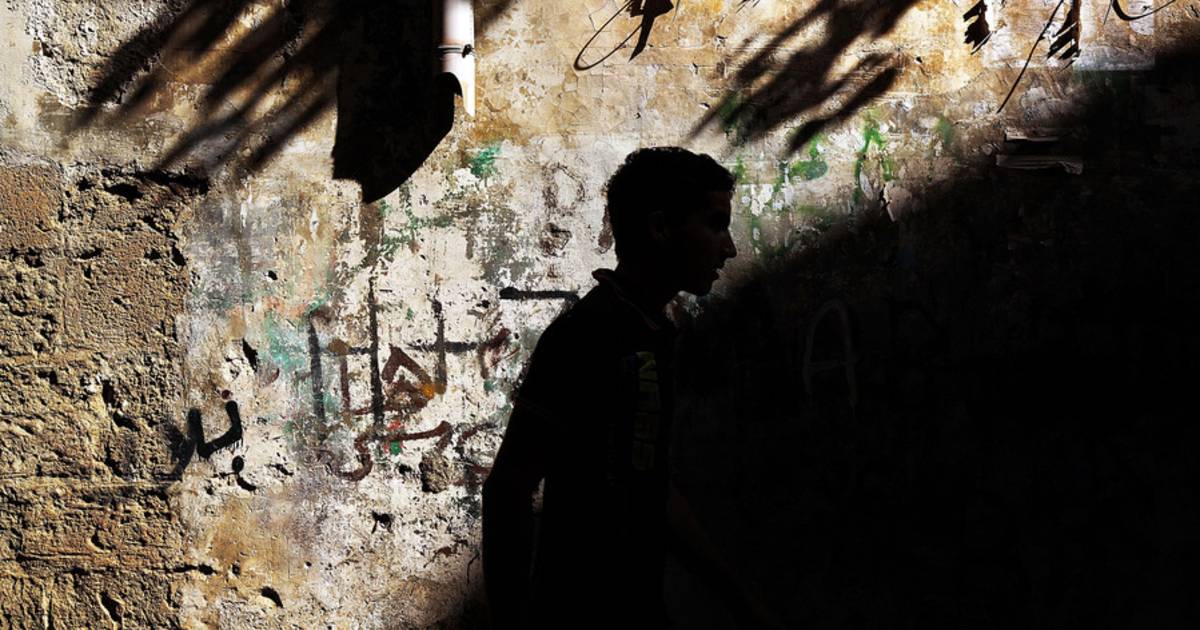
After that , the same situation was repeated dozens of times in front of Ahmed's family members and school friends, "to the point that I hated studying and the house, and I stayed away from everyone and traveled to work outside my governorate without completing my studies, and today I cannot find being able to go back or shake hands with my father."
Dr. Tawfik Narouz, a consultant psychiatrist and fellow of the American Psychiatric Association, attributes the increase in violence against men to a number of psychological and social factors.
“Excessive jealousy, and the consequent abuse sometimes directed from the wife, may represent a form of violence against the man if it causes a bad psychological impact” – Dr. Tawfik Narouz, a psychiatrist and fellow of the American Psychiatric Association
Narouz tells Raseef22 that there has been a noticeable increase over the past years in terms of violence rates in Arab societies, some of which affect men, whether verbally, physically or sexually, and Western societies, including the United States and Britain, are recording "historical rates of violence against men”.
According to Narouz, the psychological impact of verbal violence in the form of cussing, verbal insults and bullying is equal to that of physical violence like beating, slapping or others. He refers to a third more dangerous type called psychological violence, which is represented by threats and intimidation, and some women usually use this type of violence by exploiting the system of laws in some countries or social protection, or by exploiting men's fear of being subjected to social stigma.
Narouz points out that excessive jealousy, and the consequent abuse sometimes directed from the wife, may represent a form of violence against the man if it causes a bad psychological impact.
As for the harm and negative impact of domestic violence against men, whether on the part of parents or spouses, Narouz says it can cause serious psychological injuries such as personality disorders, anxiety, depression and addiction.
Raseef22 is a not for profit entity. Our focus is on quality journalism. Every contribution to the NasRaseef membership goes directly towards journalism production. We stand independent, not accepting corporate sponsorships, sponsored content or political funding.
Support our mission to keep Raseef22 available to all readers by clicking here!
Interested in writing with us? Check our pitch process here!
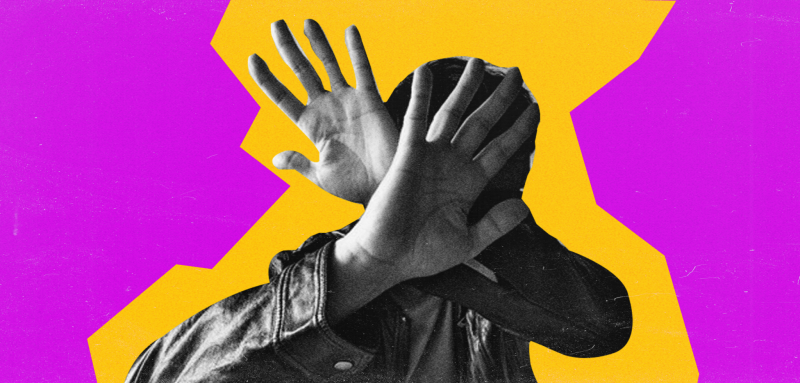
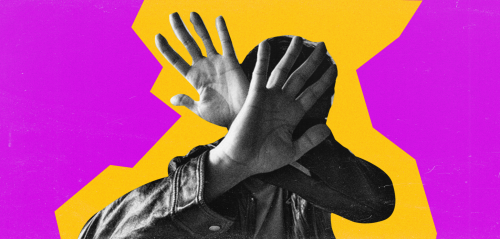


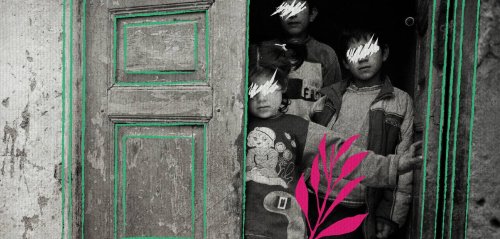





Join the Conversation
ذوالفقار عباس -
1 hour agoا
Hossam Sami -
2 hours agoصعود "أحزاب اليمين" نتيجة طبيعية جداً لرفض البعض; وعددهم ليس بالقليل أبداً. لفكرة الإندماج بل...
Anonymous user -
1 day agoرائع و عظيم ..
جيسيكا ملو فالنتاين -
5 days agoزاوية الموضوع لطيفة وتستحق التفكير إلا أنك حجبت عن المرأة أدوارا مهمة تلعبها في العائلة والمجتمع...
Bosaina Sharba -
1 week agoحلو الAudio
شكرا لالكن
رومان حداد -
1 week agoالتحليل عميق، رغم بساطته، شفاف كروح وممتلء كعقل، سأشاهد الفيلم ولكن ما أخشاه أن يكون التحليل أعمق...